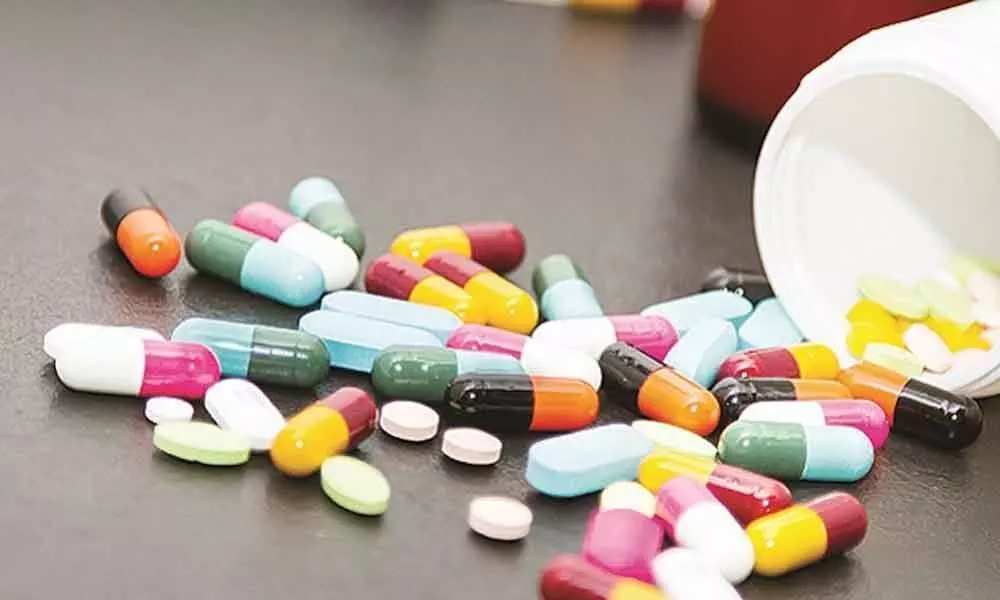Researchers identify 21 existing drugs that could treat coronavirus

representation image
A global team of scientists has identified 21 existing drugs that stop the replication of SARS-CoV-2, the virus that causes COVID-19.
A global team of scientists has identified 21 existing drugs that stop the replication of SARS-CoV-2, the virus that causes COVID-19.
Notably, four of these compounds were found to work synergistically with remdesivir, a current standard-of-care treatment for Covid-19, said the study published in the journal Nature.
"Remdesivir has proven successful at shortening the recovery time for patients in the hospital, but the drug doesn't work for everyone who receives it. That's not good enough," said senior author of the study Sumit Chanda, Professor at Sanford Burnham Prebys Medical Discovery Institute in California, US.
"As infection rates continue to rise in America and around the world, the urgency remains to find affordable, effective, and readily available drugs that can complement the use of remdesivir, as well as drugs that could be given prophylactically or at the first sign of infection on an outpatient basis."
In the study, the research team performed extensive testing and validation studies, including evaluating the drugs on human lung biopsies that were infected with the virus.
They also evaluated the drugs for synergies with remdesivir, and established dose-response relationships between the drugs and antiviral activity.
Of the 21 drugs that were effective at blocking viral replication, the scientists found 13 have previously entered clinical trials for other indications and are effective at concentrations, or doses, that could potentially be safely achieved in Covid-19 patients.
Two are already approved by the US Food and Drug Administration: astemizole (allergies), clofazamine (leprosy) and remdesivir has received emergency use authorization from the agency (Covid-19).
Four worked synergistically with remdesivir, including the chloroquine derivative hanfangchin A (tetrandrine), an antimalarial drug that has reached Phase 3 clinical trials.
"This study significantly expands the possible therapeutic options for Covid-19 patients, especially since many of the molecules already have clinical safety data in humans," said Chanda.
"This report provides the scientific community with a larger arsenal of potential weapons that may help bring the ongoing global pandemic to heel."
The researchers are currently testing all 21 compounds in small animal models and "mini lungs," or lung organoids, that mimic human tissue.
If these studies are favourable, the team will approach the US FDA to discuss clinical trials evaluating the drugs as treatments for Covid-19.
"Based on our current analysis, clofazimine, hanfangchin A, apilimod and ONO 5334 represent the best near-term options for an effective Covid-19 treatment," said Chanda.
"While some of these drugs are currently in clinical trials for Covid-19, we believe it's important to pursue additional drug candidates so we have multiple therapeutic options if SARS-CoV-2 becomes drug resistant."
The drugs were first identified by high-throughput screening of more than 12,000 drugs from the ReFRAME drug repurposing collection -- the most comprehensive drug repurposing collection of compounds that have been approved by the FDA for other diseases or that have been tested extensively for human safety.








